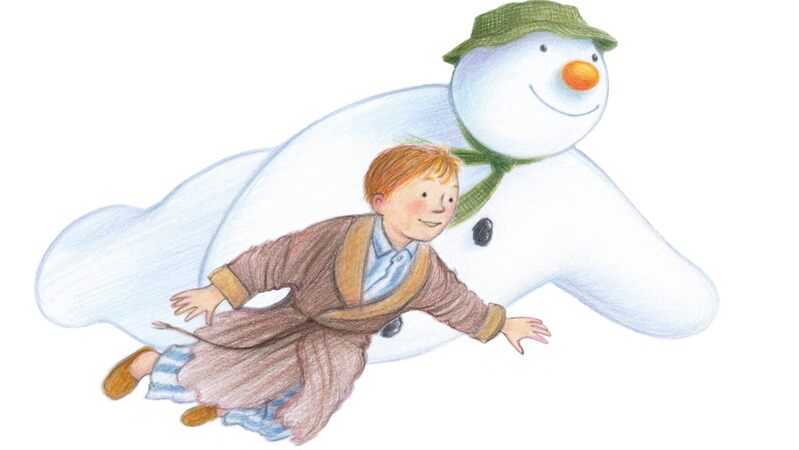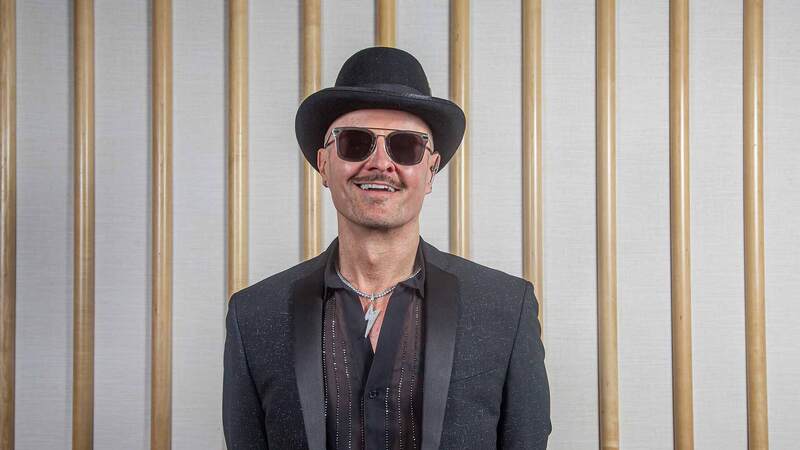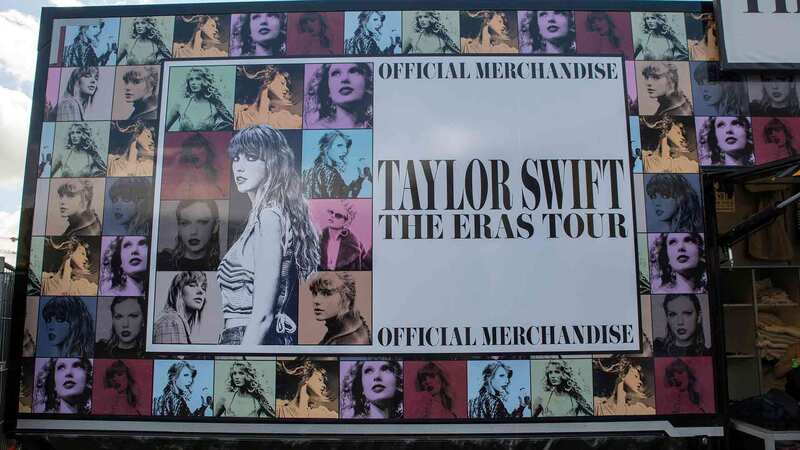You are viewing your 1 free article this month. Login to read more articles.
Winning the argument
In the mid-Noughties the Decibel Writer of the Year prize for authors of “Asian, African and Caribbean background” was launched to focus attention on a neglected section of the writing community. It was controversial. Novelist Nirpal Singh Dhaliwal described it as “a special pat on the head for Britain’s ethnic minorities”; the Commission for Racial Equality obliged the prize to widen its criteria. Perhaps most pointedly, the 2006 winner novelist Diana Evans, in defending the initiative, said that “eventually in an ideal world you won’t have a need” for such a prize.
Has that “eventually” now arrived? Perhaps. At this year’s British Book Awards (the virtual ceremony of which took place on 29th June), Queenie author Candice Carty-Williams became the first black winner of the Book of the Year; Bernardine Evaristo became the first black Author of the Year; and Oyinkan Braithwaite the first black winner of the Crime & Thriller prize. They follow Michelle Obama and Leila Slimani from 2019, Reni Eddo-Lodge from 2018, and stretching further back Zadie Smith, Salman Rushdie, Monica Ali, Malala Yousafzai, Jung Chang and Aravind Adiga, in being pioneering authors of colour previously recognised at the awards.
However, we deserve as yet no special pats. Black and other writers of colour remain an exception at awards ceremonies, both historically and in the present day, either on the stage or in the room. In fact, not until such wins are notable for their lack of novelty will we have arrived at anywhere close to the ideal envisioned by Evans. A decade after Decibel, it is no surprise that the Jhalak Prize now occupies the same intention. At the ceremony, Carty-Williams said she wished she could be “prouder” of the publishing industry. Evaristo described it as “bittersweet history-making”.
There is still much to celebrate of course—not least because even in a time of Covid-19, the industry still shows up to applaud the achievements of colleagues and authors, from those at Jacaranda and Waterstones, to J K Rowling, whose Harry Potter series has shaped this business for two decades, and who rightly picked up our special 30th year anniversary award. And they show, knowing that for all of the good stuff, there will inevitably be some push back.
This time last year, I described the sector as full of “lovely people”, striving to do the right thing. This remains the case, with the recent Rethinking “Diversity” in Publishing acknowledging the same. At the launch of the report Rishi Dastidar, chair of Spread the Word, said that for an industry needing to find new readers, this widening of the pipeline had now become not just a desire for betterment, but a business imperative. Why, he asked secondarily, would a sector built on taking risks, not seize on this—somewhat obvious—challenge?
We might all wonder at that. If nothing else, this year’s winners provide further impetus to what must now be an unceasing commitment to a long talked-about change. After all, as Evaristo went on to say, “the commercial and critical argument has been won”.




















